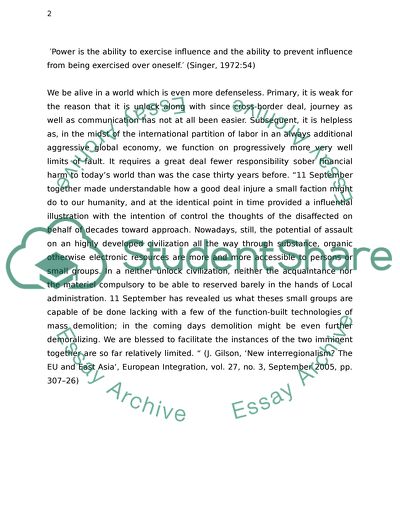Cite this document
(“Balance of Power Essay Example | Topics and Well Written Essays - 2500 words”, n.d.)
Balance of Power Essay Example | Topics and Well Written Essays - 2500 words. Retrieved from https://studentshare.org/miscellaneous/1522135-balance-of-power
Balance of Power Essay Example | Topics and Well Written Essays - 2500 words. Retrieved from https://studentshare.org/miscellaneous/1522135-balance-of-power
(Balance of Power Essay Example | Topics and Well Written Essays - 2500 Words)
Balance of Power Essay Example | Topics and Well Written Essays - 2500 Words. https://studentshare.org/miscellaneous/1522135-balance-of-power.
Balance of Power Essay Example | Topics and Well Written Essays - 2500 Words. https://studentshare.org/miscellaneous/1522135-balance-of-power.
“Balance of Power Essay Example | Topics and Well Written Essays - 2500 Words”, n.d. https://studentshare.org/miscellaneous/1522135-balance-of-power.


